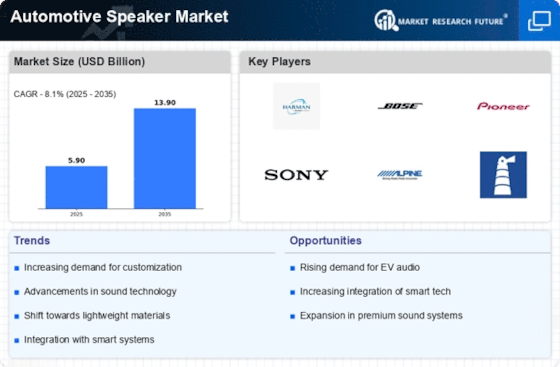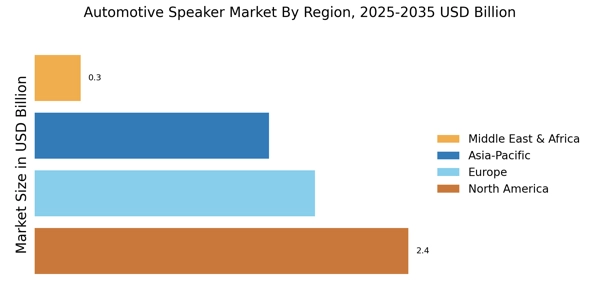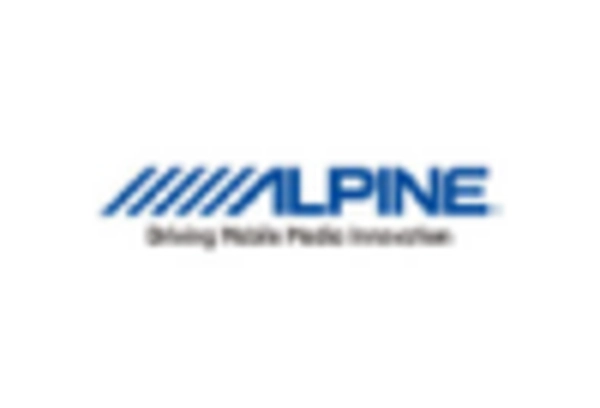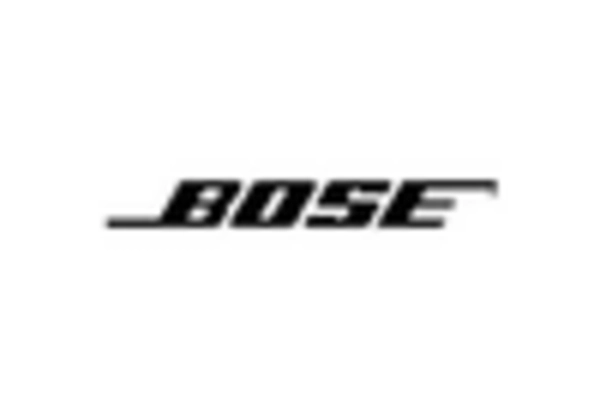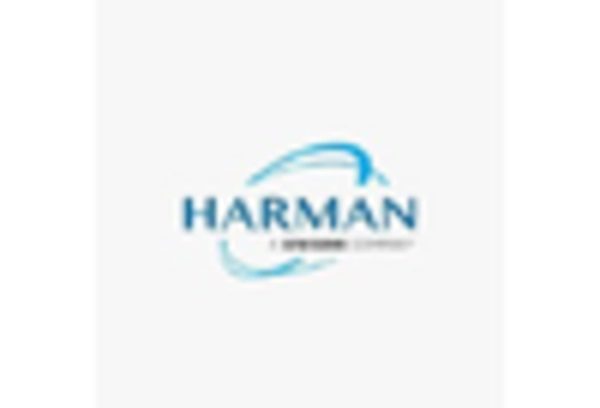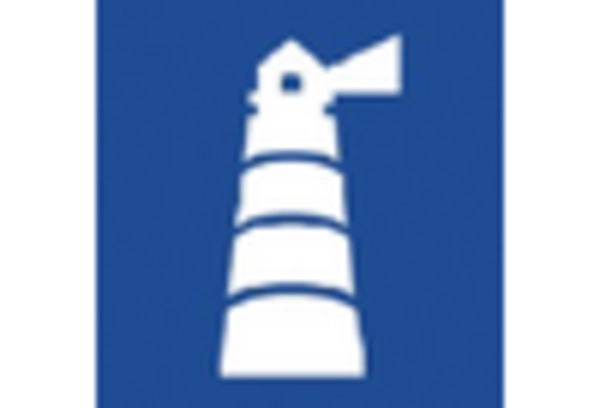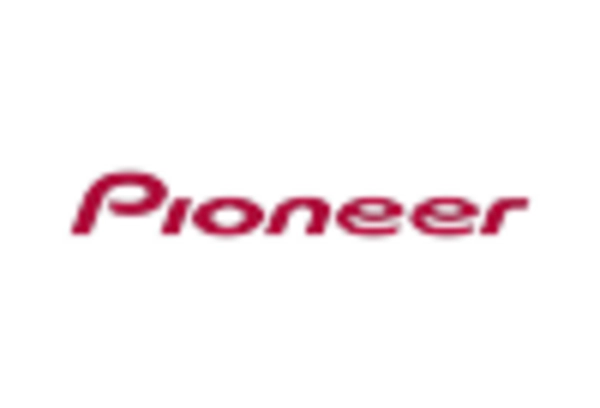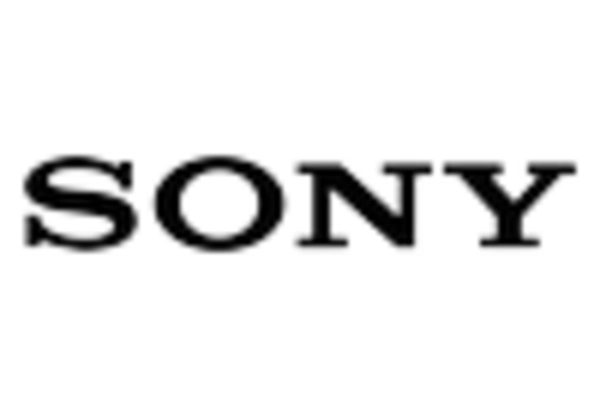Consumer Preference for Customization
Consumer preference for customization is becoming a significant driver in the Automotive Speaker Market. Today's consumers are not only looking for high-quality audio but also for personalized audio experiences that cater to their individual tastes. This trend has prompted manufacturers to offer a variety of speaker options, including different sizes, designs, and sound profiles. Customization features, such as adjustable equalizers and personalized sound settings, are increasingly being integrated into automotive audio systems. As a result, the market is witnessing a shift towards modular speaker systems that allow consumers to tailor their audio experience. This growing demand for personalized solutions is expected to propel the Automotive Speaker Market, with projections indicating a potential increase in market share for customizable audio systems over the next few years.
Rising Demand for In-Car Entertainment
The Automotive Speaker Market is experiencing a notable surge in demand for in-car entertainment systems. As consumers increasingly prioritize audio quality and entertainment options during travel, manufacturers are responding by enhancing speaker systems. The market for automotive speakers is projected to grow at a compound annual growth rate of approximately 6.5% over the next few years. This growth is driven by the integration of advanced audio technologies, such as surround sound and noise cancellation features, which significantly improve the listening experience. Furthermore, the proliferation of streaming services and mobile connectivity options has led to a greater emphasis on high-performance speakers that can deliver superior sound quality. Consequently, automotive manufacturers are investing in premium audio systems, thereby propelling the Automotive Speaker Market forward.
Growing Popularity of Electric Vehicles
The growing popularity of electric vehicles (EVs) is significantly influencing the Automotive Speaker Market. As more consumers opt for EVs, manufacturers are recognizing the need to enhance the in-car experience, which includes superior audio systems. EVs often feature quieter cabins due to the absence of traditional combustion engines, making high-quality sound systems even more critical. This shift has led to an increased focus on developing speakers that can deliver exceptional sound clarity and depth in a quieter environment. Market analysts project that the demand for automotive speakers in EVs will rise, contributing to an overall market growth rate of around 7% annually. Consequently, the Automotive Speaker Market is adapting to meet the unique requirements of electric vehicles, ensuring that audio systems are optimized for this emerging segment.
Expansion of Aftermarket Audio Solutions
The expansion of aftermarket audio solutions is a notable trend within the Automotive Speaker Market. As consumers seek to enhance their vehicle's audio capabilities, the demand for aftermarket speakers and audio systems is on the rise. This segment is characterized by a diverse range of products that cater to various consumer preferences and budgets. Market data suggests that the aftermarket audio segment is expected to grow at a rate of approximately 5% annually, driven by the increasing number of vehicle owners looking to upgrade their factory-installed audio systems. Retailers and manufacturers are responding by offering a wider array of high-performance speakers, amplifiers, and subwoofers. This trend not only enhances the overall audio experience for consumers but also contributes to the growth and diversification of the Automotive Speaker Market.
Technological Advancements in Audio Systems
Technological advancements play a pivotal role in shaping the Automotive Speaker Market. Innovations such as Bluetooth connectivity, voice recognition, and smartphone integration have transformed the way consumers interact with their audio systems. The introduction of digital signal processing (DSP) technology has further enhanced sound quality, allowing for more precise audio tuning and customization. As a result, consumers are increasingly drawn to vehicles equipped with state-of-the-art audio systems that offer seamless connectivity and superior sound performance. According to recent estimates, the market for automotive audio systems, including speakers, is expected to reach USD 20 billion by 2026. This growth is indicative of the rising consumer expectations for high-quality audio experiences, compelling manufacturers to invest in cutting-edge technologies that elevate the Automotive Speaker Market.


